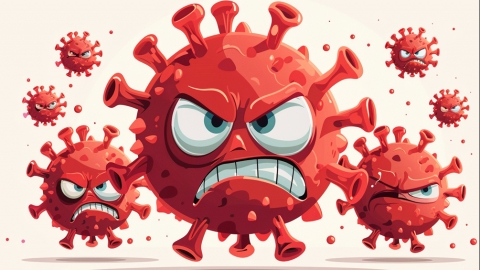How much hepatitis B viral load requires antiviral treatment?
Generally, antiviral therapy should be considered when the hepatitis B virus (HBV) DNA level exceeds 20,000 IU/ml, accompanied by elevated alanine aminotransferase (ALT) levels and signs of liver inflammation or fibrosis. Detailed analysis is as follows:

When the HBV DNA level is higher than 20,000 IU/ml, it indicates active viral replication, which can cause significant damage to liver cells. Continuous viral attack on liver cells triggers inflammation, and if left uncontrolled, may lead to progressive deterioration of liver function. At this stage, antiviral therapy can effectively suppress viral replication, reduce liver damage, and prevent further disease progression.
However, the criteria for initiating antiviral therapy may vary among different populations, including individuals with normal immune function, those with compromised immunity, and those with a family history of cirrhosis or liver cancer. Individuals with normal immune function who have persistently high viral loads and liver inflammation should receive timely antiviral treatment. Those with weakened immune systems may require antiviral therapy even at relatively lower viral loads. Patients with a family history of cirrhosis or liver cancer should consider antiviral therapy even if the viral load has not reached the above threshold, as long as there are signs of liver abnormalities.
In daily life, regular monitoring of viral load and liver function is important. Avoid excessive fatigue, maintain healthy lifestyle habits, enhance immune function, and reduce opportunities for viral replication.








